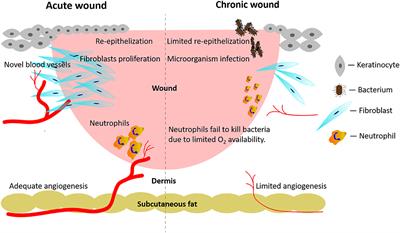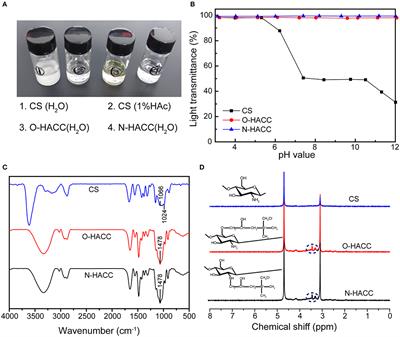EDITORIAL
Published on 19 Jul 2021
Editorial: Biomaterials for Skin Wound Repair: Tissue Engineering, Guided Regeneration, and Wound Scarring Prevention
doi 10.3389/fbioe.2021.722327
- 1,958 views
- 6 citations
33k
Total downloads
184k
Total views and downloads
EDITORIAL
Published on 19 Jul 2021
ORIGINAL RESEARCH
Published on 20 Aug 2020

REVIEW
Published on 11 Jun 2020

REVIEW
Published on 03 Jun 2020

REVIEW
Published on 19 Mar 2020

ORIGINAL RESEARCH
Published on 03 Mar 2020

ORIGINAL RESEARCH
Published on 20 Dec 2019

ORIGINAL RESEARCH
Published on 10 Dec 2019

ORIGINAL RESEARCH
Published on 29 Nov 2019

SYSTEMATIC REVIEW
Published on 21 Nov 2019

ORIGINAL RESEARCH
Published on 14 Nov 2019
